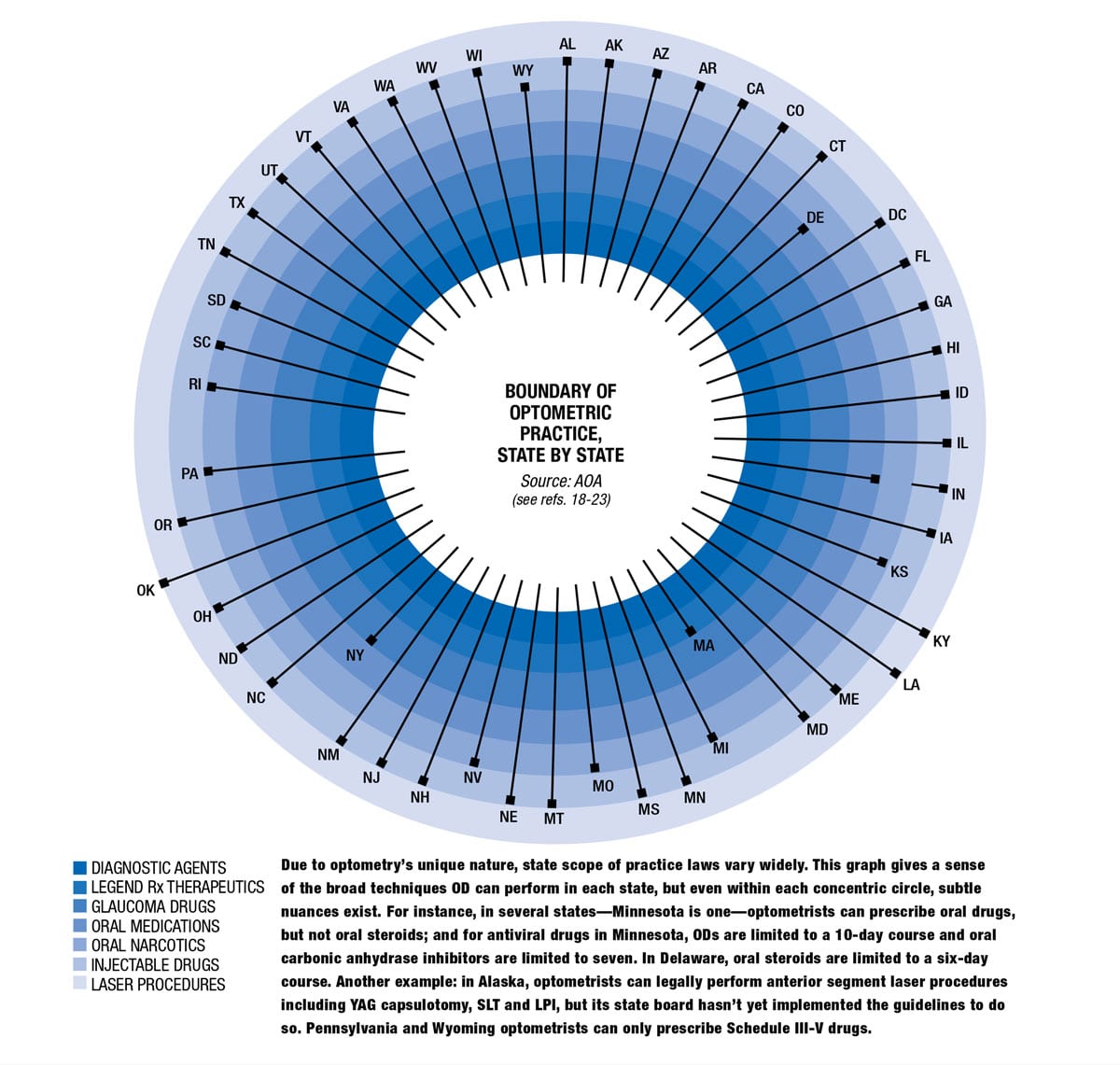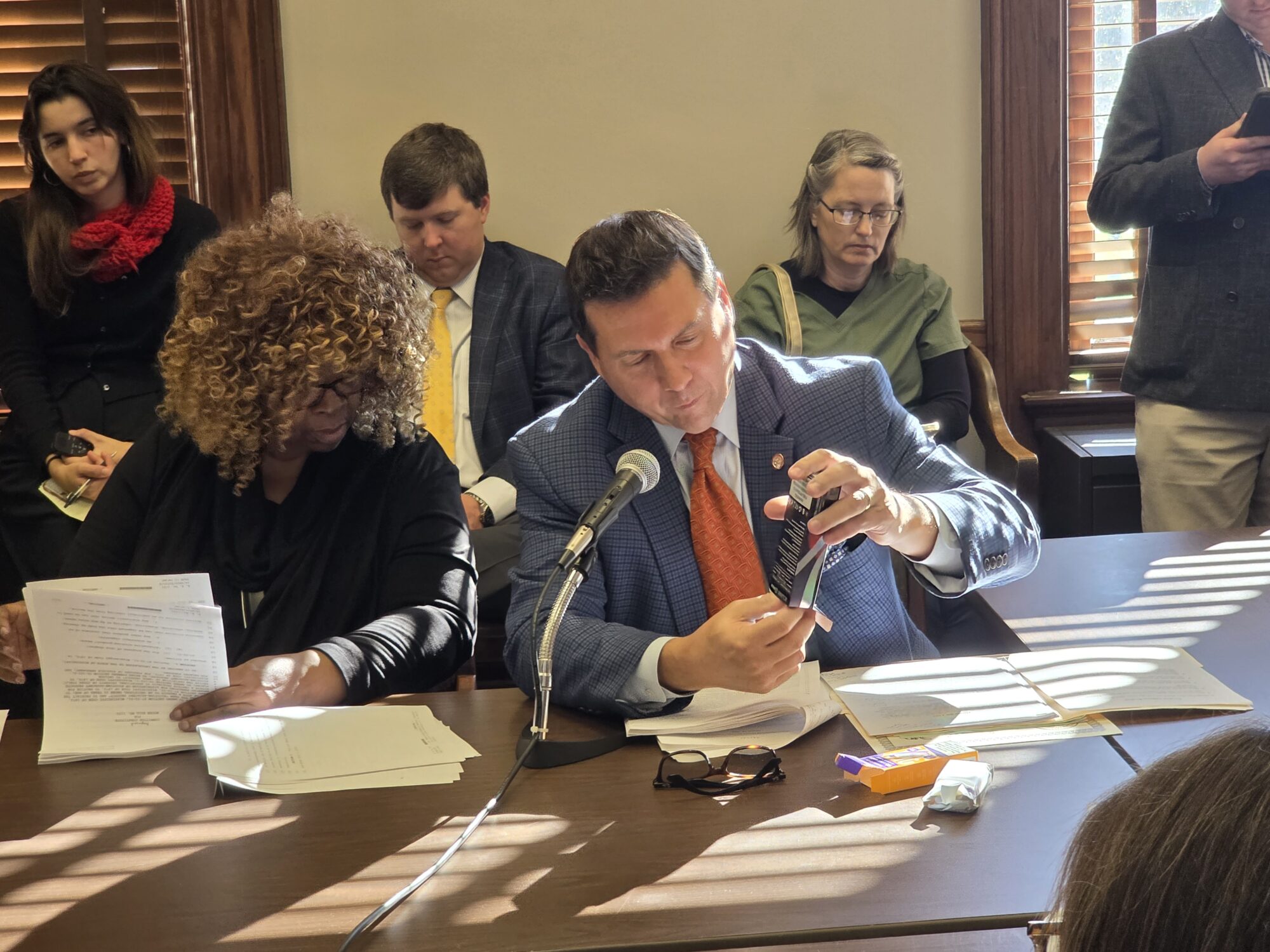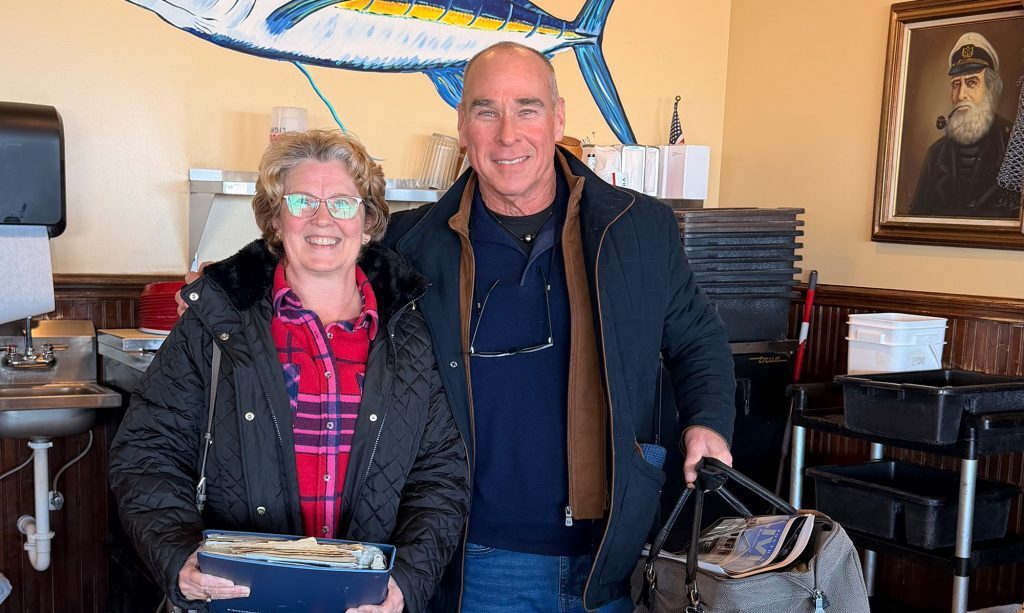
Debates continue this year on new ways to regulate the alcohol market in Mississippi. Two pieces of legislation, SB 2531 and HB 981, would allow for grocery stores to apply for a retailer’s permit to sell wine. The Temperance subcommittee chaired by Rep. Hank Zuber met on Wednesday to hear from both sides.
Many who oppose allowing this to happen say the largest backlash that would come from this allowance would be the impact on small business. Victor Pittman, President of the Mississippi Hospitality and Beverage Organization, who is also an independent retailer, said this would be a huge hit for small business owners.
“What kind of message will Mississippi send if the government turns its back on 600 small business owners overnight,” Pittman told the committee. He said the argument for more accessibility is only one that worries alcoholics.
The Commissioner of the Department of Revenue, Herb Frierson, was also present at the Temperance subcommittee meeting. DOR houses the Alcohol Beverage Coalition and maintains the warehouse located in Gluckstadt.
Frierson argued that if the sale of wine was considered for grocery stores, he would recommend that they be required to have a separate building for that merchandise and those sales over putting it on aisle 13.
The current state warehouse was built in 1983 and was expanded in 2003. It currently carries 3,800 different products, about 40 percent of which is wine. In Mississippi alone ABC ships roughly 3.3 million cases annually, and about $1.3 million of that revenue is in wine sales. With the ABC handling all shipping throughout the state, Frierson argued that shipment sales would go up, causing alcohol sales for the consumer to go up.
“Alcohol is seriously regulated because it is more harmful than most illegal drugs,” said Frierson. He also said if the state moves to allow food retailers to carry wine, they need to then be prepared for the spirits to try to move in. Frierson said that upon that allowance, whiskey, vodka, and other liquor distributors will want to be treated the same as wine and request placement in grocery stores.
Steve Browning with the Distilled Spirits Council in his talk basically confirmed what Frierson said.
“We with the Distilled Spirits Council believe that the adult beverage world works best when adults have access to wine and spirits in the same place,” said Browning. He said his organization is also pushing for the prohibition of the seven day a week package store sales to be eliminated.
Right now, the state requires that all package stores be closed at least one day a week. DSC wants to do away with this requirement.
Elliot Flaggs, a lobbyist for the Looking for Wine Coalition, came in support of HB 981. He noted that currently 39 states allow for the sale of wine in food retail stores and that includes most of Mississippi’s neighboring states.
Michael Mosely with Clyde May’s, a distilled spirits manufacturer in Alabama, pushed less for the privatization of wine and spirits but for the modernization of it.
“There is a misconception that if we privatize it, it will get bigger and better. That’s not the case because these highly allocated wines and spirits are not likely going to be sold in Mississippi,” said Mosely.
He used Washington state as an example. The state privatized these sales in 2012 and in Mosely’s opinion it was not successful. He said since that time they went from 330 retailers to 80 percent of those employees losing their jobs when many of the stores were sold off as well as their stocks.
“The average cost of a gallon of liquor has gone up nearly twenty percent and they have the highest liquor tax in the nation,” said Mosely.
The subcommittee did not vote on the bill but recessed to an undetermined time. With many different view points represented on both sides of the grocery store sales aisle, it will be a bill to track as legislation continues to move through the process this session.












